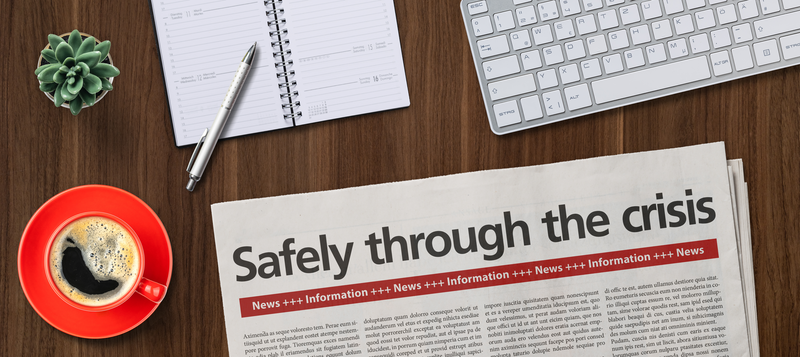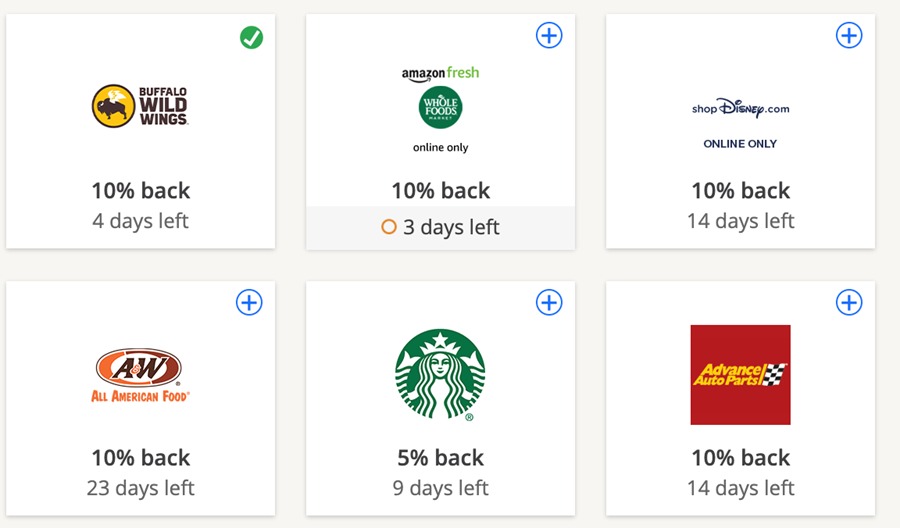If you haven’t already buckled down for this recession, it’s not too late to start. We live in a tale of two worlds where ~32.1m now jobless Americans are receiving very significant government stimulus along with businesses in a number of ways. So, how do you prepare?
BOTTOM LINE: We’re in the midst of a recession that has largely been masked by massive government stimulus. A lot of that major stimulus is now decreasing, and it’s time to be cautious with your finances until we have more clarity on where the recession is headed. Don’t make any financial decisions that could easily backfire… consider if you have enough cash/assets to live for 12 months without a job. It’s a strong exercise in general because life does happen. Hope for the best, plan for the worst. |
|---|
Don’t just check your FICO® Score, Boost it instantly for Free For the first time ever and only with Experian, you can increase your credit scores fast by using your own positive payment history. Experian Boost is completely free, no credit card required! It can also help those with poor or limited credit situations. Other services such as credit repair may cost you up to thousands and only help remove inaccuracies from your credit report. Results may vary, see Experian.com for details |
|---|



